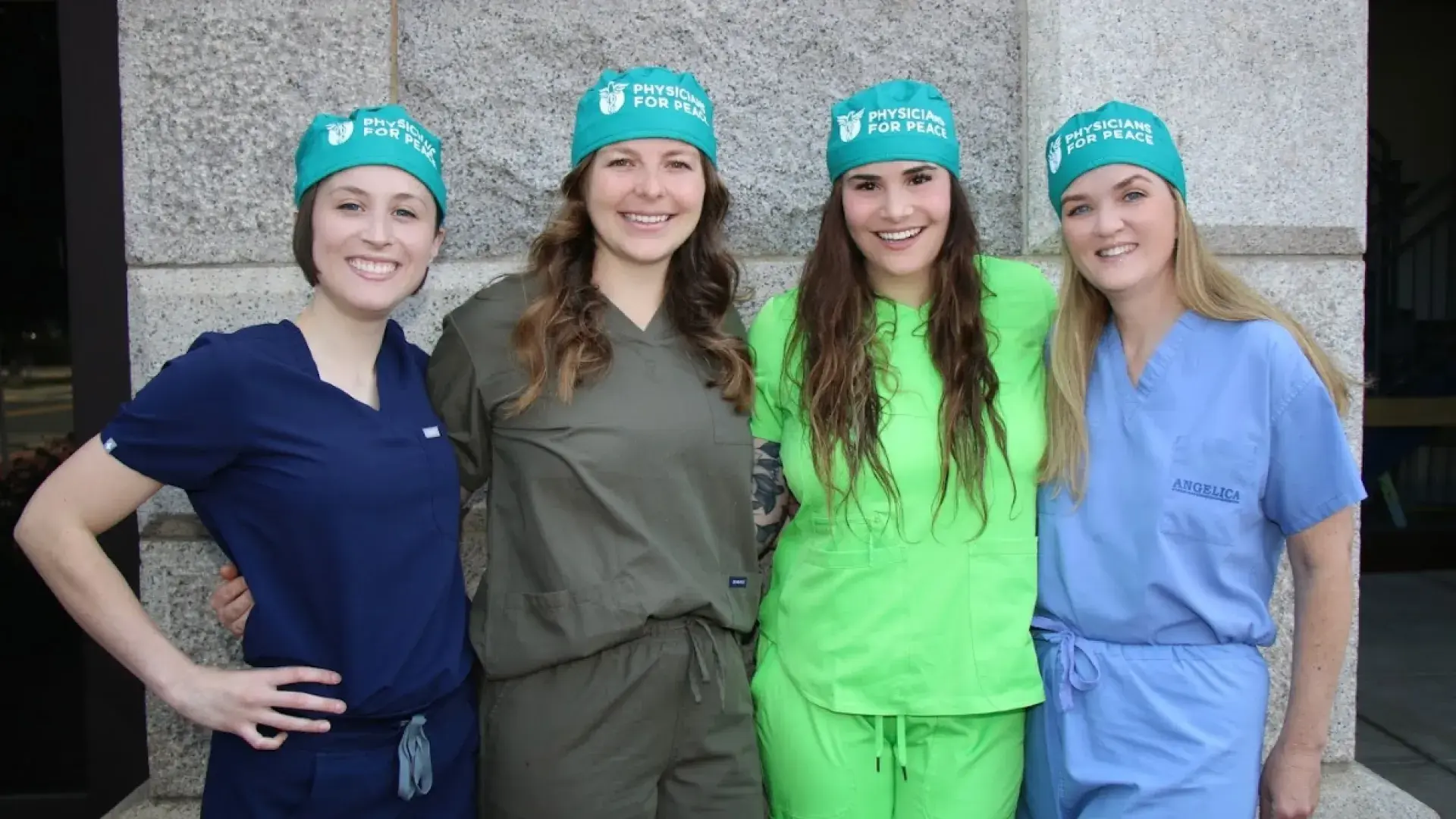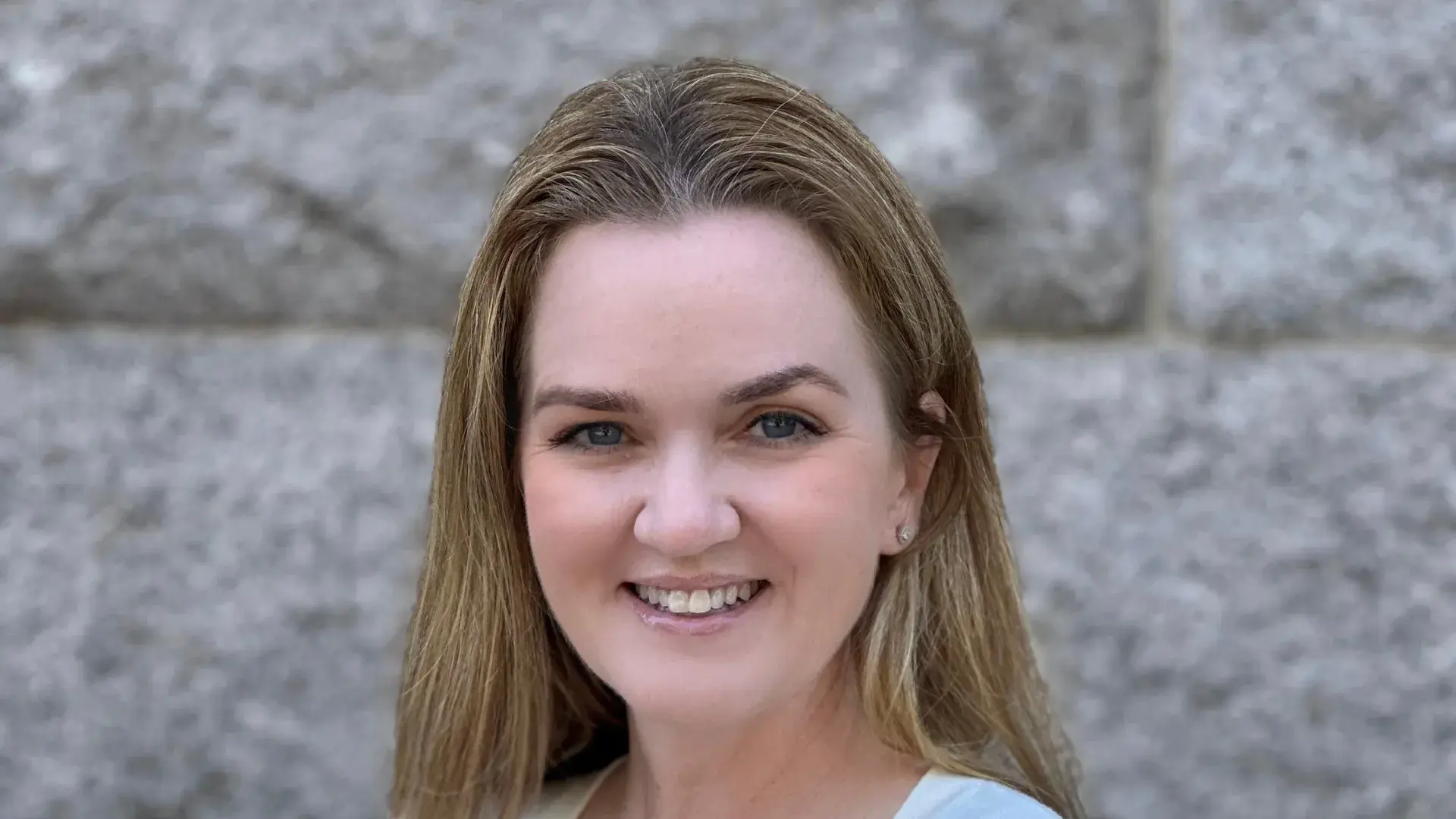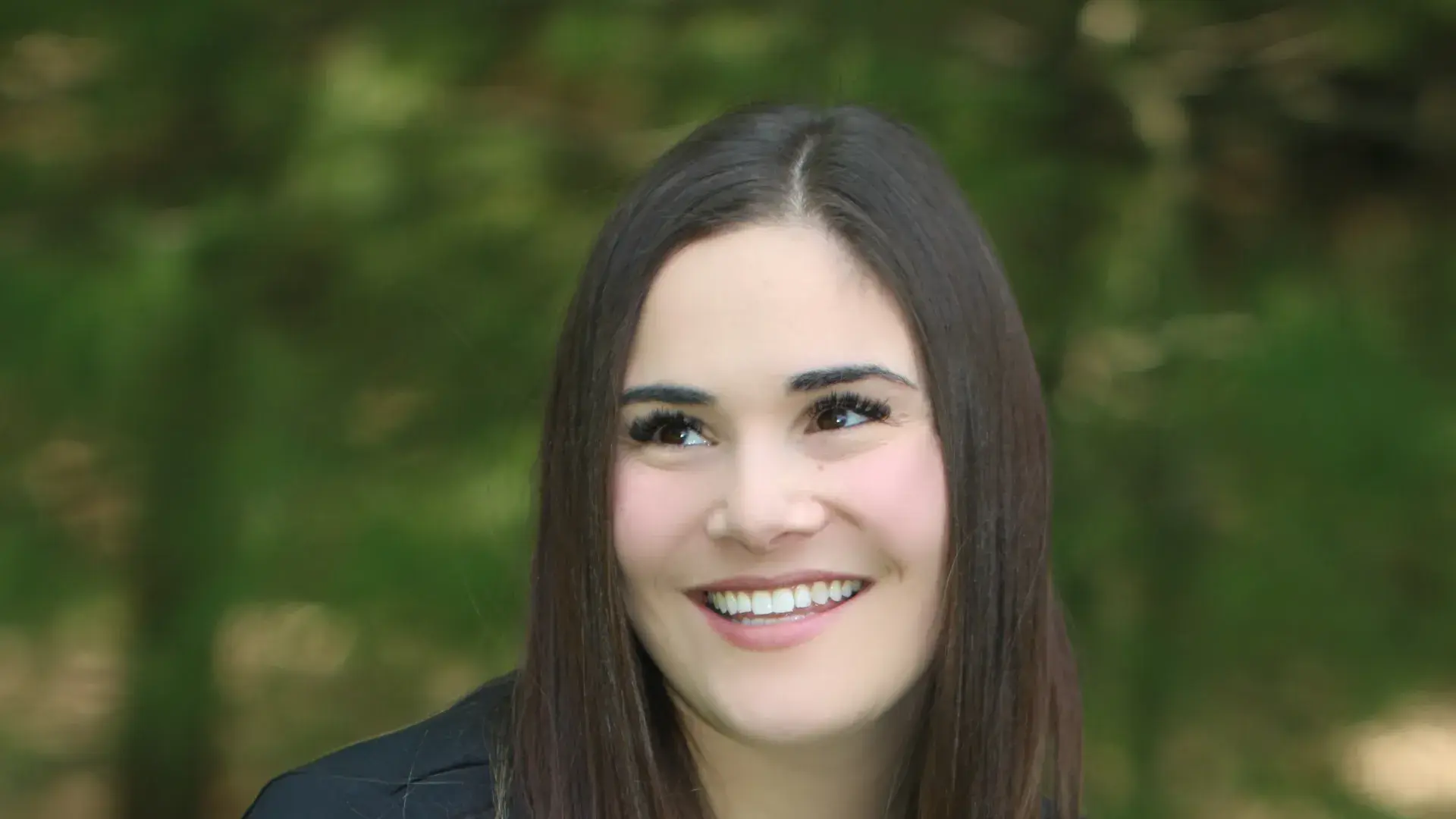
Global initiative aimed at teaching and training nurses in Malawi hospital Intensive care unit
One of the missions of the MGH Institute is to prepare the next generation of leaders who are ready to transform health care locally and globally. On July 16, three nursing students will take a significant step towards that goal when they fly to Africa and help educate nurses who are on the front lines of critical care.
The students – Leah Rothchild, Nicole Miller, and Sierra Gage -- will join Clinical Learning Lab Coordinator Jennifer Duran on a three-week trip as part of a Physicians for Peace trip that will have the IHP students help educate nurses in the adult ICU at Queen Elizabeth Hospital in Blantyre, Malawi.
“It's a real unique experience for our students to be able to have this opportunity during their education as future health care providers,” said Duran, who will be taking her fourth medical trip to Africa but first to Malawi. “It'll really improve their empathy and understanding and how they look at problems and propose solutions in the future. I think that it's going to strengthen them whether they work locally or internationally.”


